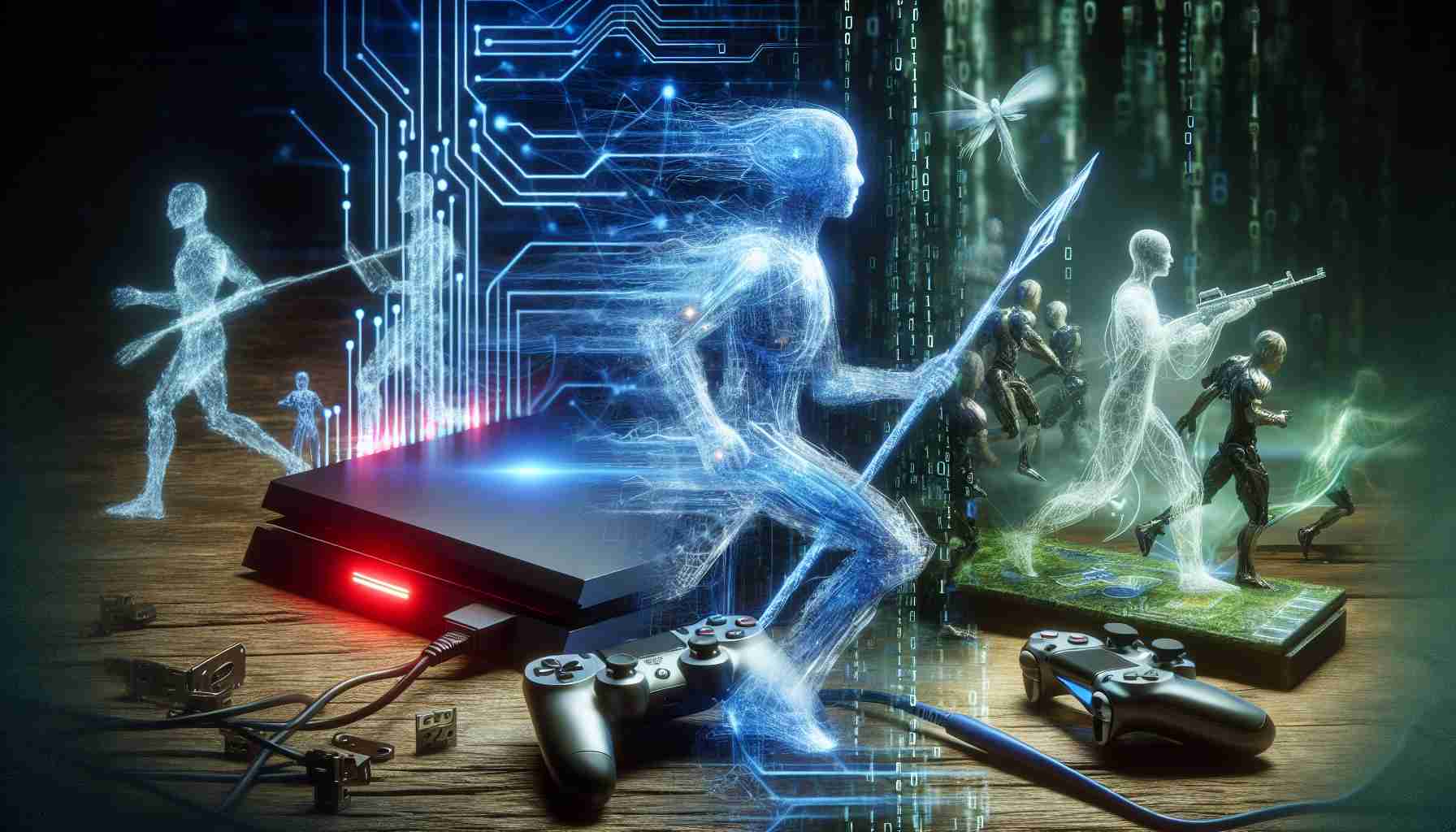The gaming sector is currently facing significant challenges, including job cuts and the emergence of artificial intelligence that threatens traditional roles. Strauss Zelnick, the CEO of Take-Two Interactive, known for its blockbuster games like Grand Theft Auto, recently expressed skepticism about the true capabilities of artificial intelligence in the industry.
Despite the ongoing enthusiasm for AI among many corporate leaders, Zelnick remained cautious, noting that the term “artificial intelligence” is somewhat misleading. He highlighted that AI has been a part of video game development for many years, albeit in a basic form, primarily for tasks such as programming non-playable characters.
With the rise of generative AI technologies, developers now have advanced tools for creating visuals and game environments. Nevertheless, these innovations can produce inconsistent results and create tensions among employees concerned about job security in an increasingly automated landscape.
Zelnick emphasized that his company will maintain a grounded view of what AI can achieve. He conveyed a perspective shared by many in the tech field, suggesting that while AI may streamline certain processes, it will not replace the intrinsic creativity of human developers.
He believes that AI should enhance the creative process, allowing developers to focus on innovative and impactful work rather than repetitive tasks. Ultimately, Zelnick’s outlook reminds us that while technology evolves, the human touch remains invaluable in crafting memorable gaming experiences.
The Reality of AI in Gaming: Opportunities and Challenges
As the gaming industry evolves, artificial intelligence (AI) has become a focal point for both innovation and concern among developers and players alike. While AI has been integral to game design for years, recent advances are reshaping the landscape in ways that prompt important questions about its future role.
What are the primary functions of AI in gaming today?
AI currently serves various functions in gaming, from controlling non-playable characters (NPCs) to optimizing game mechanics. Modern AI can analyze player behavior, predict actions, and adapt level difficulties in real-time, creating personalized gaming experiences. Moreover, AI-driven algorithms are increasingly being used to generate game content, such as landscapes, quests, and even dialogues, thus reducing the workload for human designers.
What are the main challenges of integrating AI into video games?
One major challenge is ensuring consistency and quality in AI-generated content. While AI can create environments or storylines, the outcomes can sometimes be unpredictable or lack coherence, leading to gameplay experiences that feel disjointed. Additionally, there are ethical concerns surrounding the use of AI, particularly regarding intellectual property, player data privacy, and the potential for AI to perpetuate biases present in its training data.
What advantages does AI offer in game development?
AI provides numerous advantages in game development, such as speeding up production times and enhancing player engagement. With AI tools, developers can automate repetitive tasks, allowing them to concentrate on more creative aspects of game design. Furthermore, AI systems can analyze large amounts of player data to enhance game balance and tailor experiences that align with player preferences.
What are the disadvantages or risks associated with AI in gaming?
While AI can enhance the gaming experience, it also poses significant risks. For instance, the reliance on AI systems may lead to job displacement among game developers, as certain tasks become automated. Additionally, an overreliance on AI could result in less innovative game design, as studios may opt for AI-generated content rather than fostering human creativity.
What controversies surround the use of AI in gaming?
A prevalent controversy is the debate over AI-generated content versus human creativity. Some argue that AI can never replicate the nuanced storytelling and emotional depth provided by human developers. This has sparked discussions about whether AI should be credited in games or if it diminishes the value of human-created work. Furthermore, the gaming community is divided on the ethics of using AI to analyze player data, raising questions about consent and privacy.
Conclusion
As the gaming industry continues to embrace AI, it is crucial for developers, stakeholders, and players to address these complexities. Balancing innovation with ethical considerations and the preservation of human creativity will be key to navigating the future of gaming. The path forward relies on leveraging AI as a tool for enhancement rather than a replacement for the artistry that defines the gaming experience.
For more insights into the evolving intersection of technology and gaming, visit GamesIndustry.biz or IGN.
The source of the article is from the blog elperiodicodearanjuez.es
